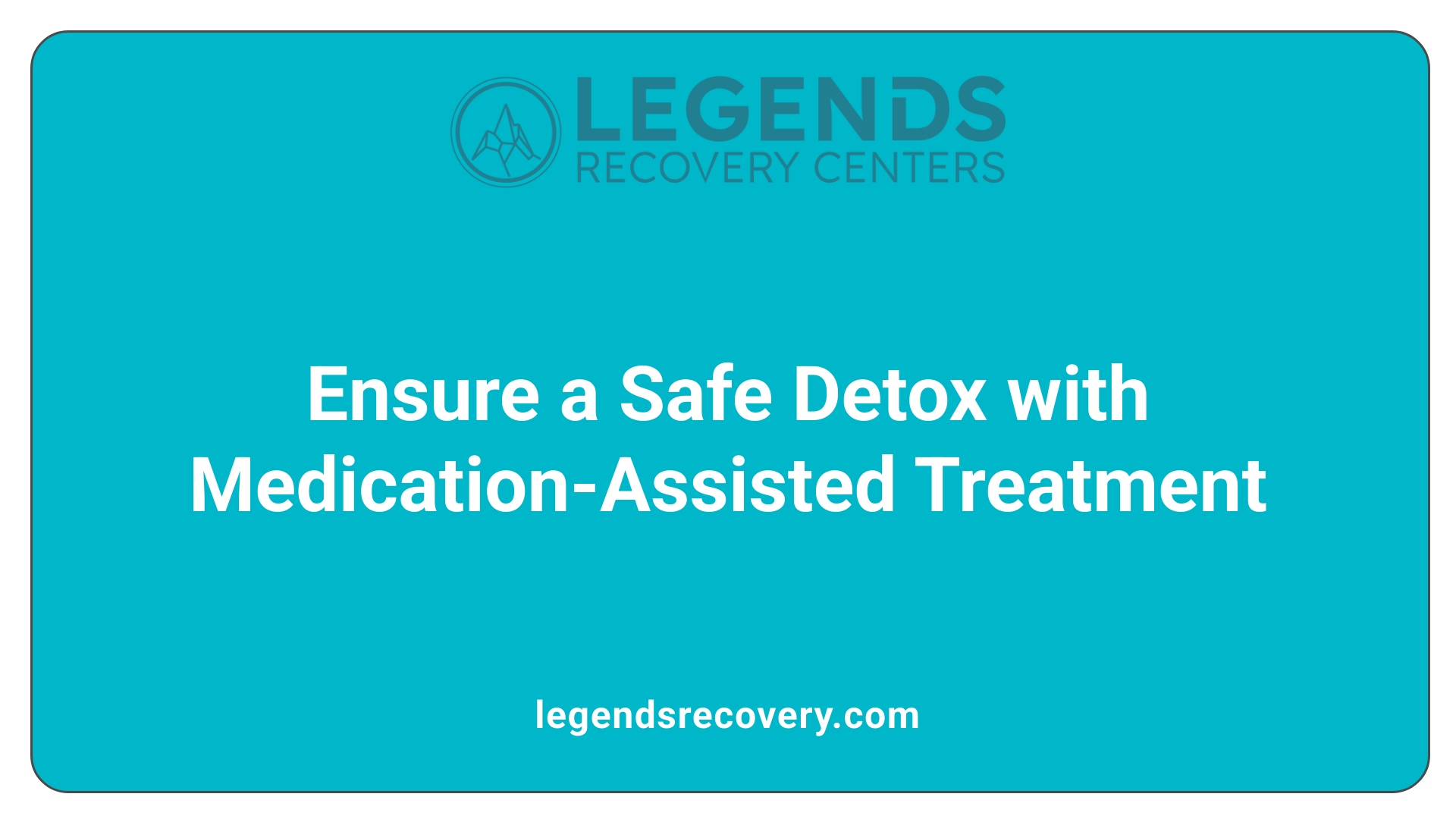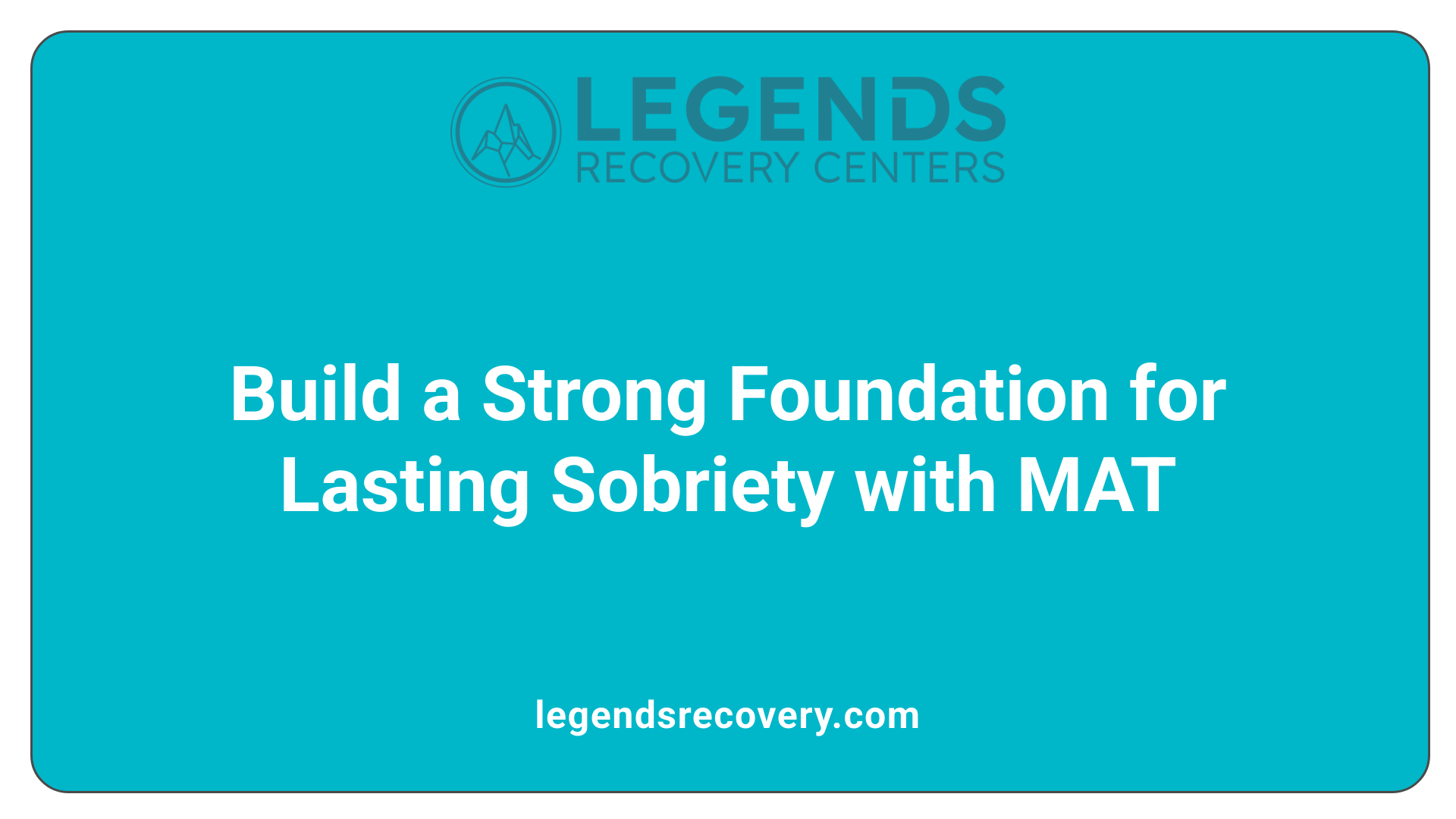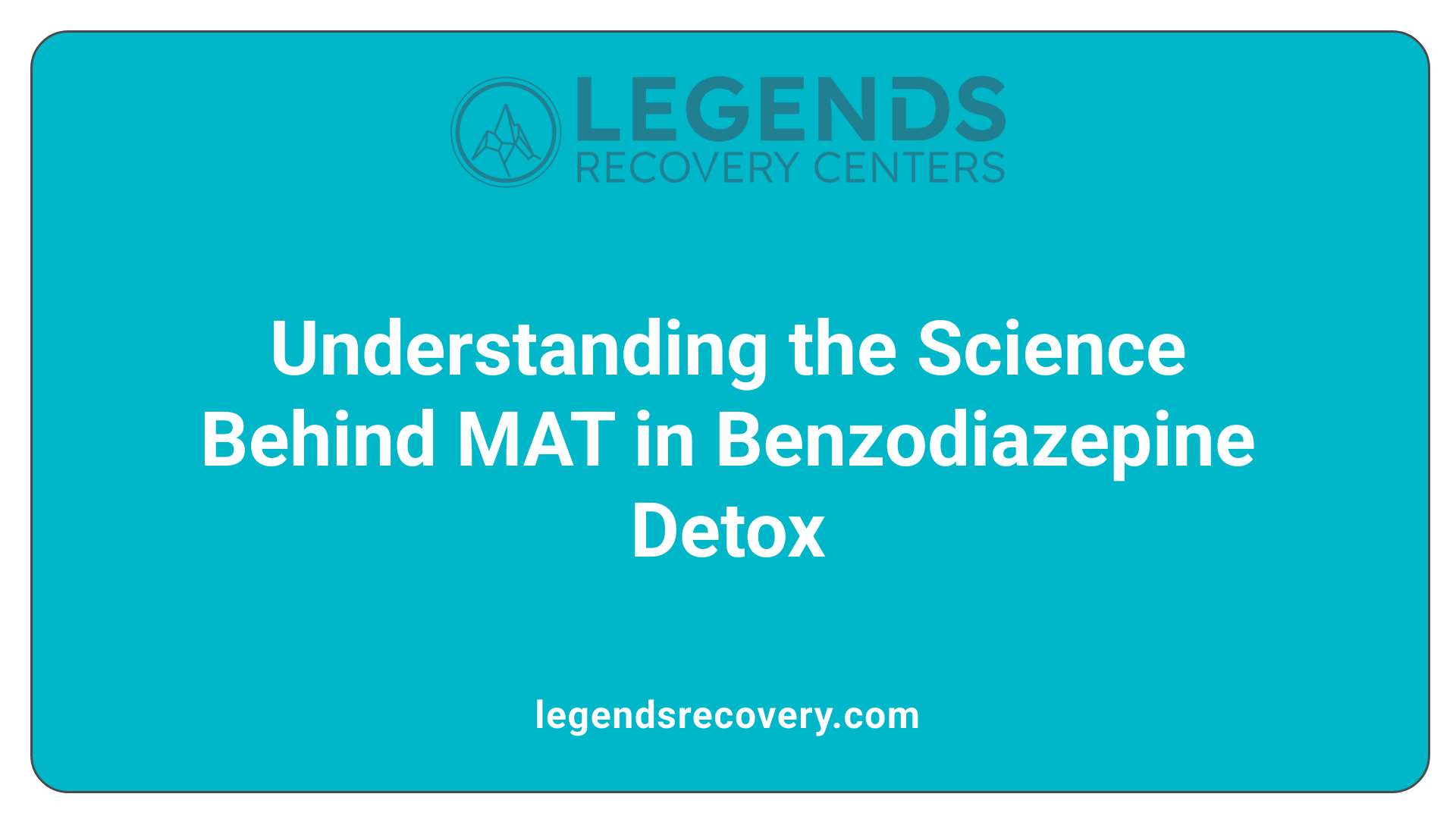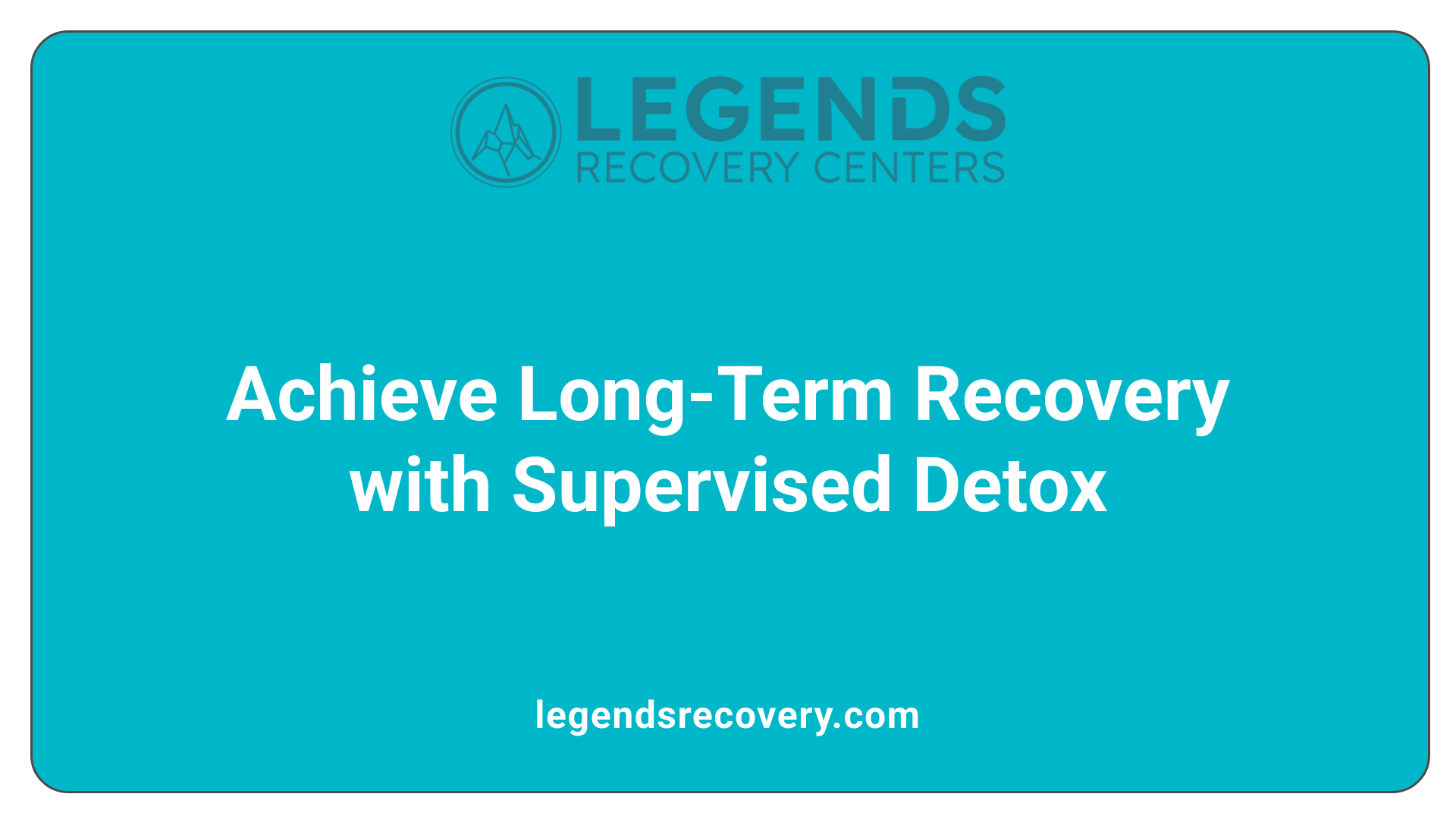Advancing Safe Benzodiazepine Detox with Medical Support

Benzodiazepine dependence is a growing concern due to widespread prescription practices and the complex challenge of withdrawal management. Medication-Assisted Treatment (MAT) plays a vital role in supporting individuals through detoxification, addressing both physical and psychological symptoms safely and effectively. This article explores how MAT facilitates benzodiazepine detox, highlights the medications involved, and emphasizes the importance of professional supervision for sustained recovery.
Educational resources highlight that dependence on benzodiazepines can develop in a wide range of individuals, often after relatively short-term use of these medications. Common benzodiazepines such as Valium, Xanax, and Klonopin are frequently prescribed for anxiety, insomnia, and other conditions, but prolonged use can lead to physical and psychological dependence.
Withdrawal symptoms can be severe and include anxiety, insomnia, agitation, panic attacks, muscle tension, tremors, headaches, rapid heartbeat, dizziness, perceptual distortions, hallucinations, and in extreme cases, seizures and psychosis. These symptoms can significantly impact a person’s health and safety, making professional medical management essential.
Treatment strategies typically involve a gradual tapering of the medication under medical supervision to reduce withdrawal severity and prevent dangerous complications such as seizures. Medications like long-acting benzodiazepines—Diazepam (Valium) or Clonazepam (Klonopin)—are often used to stabilize GABA levels while slowly reducing doses.
Furthermore, pharmacological options, such as flumazenil, are explored for their ability to faster detox in specialized settings, although they must be used cautiously due to potential side effects. Beyond medication, psychosocial support—including therapy and support groups—is vital for addressing underlying anxiety or mood disorders, preventing relapse, and supporting long-term recovery.
Educational efforts emphasize the importance of early recognition of withdrawal symptoms and the implementation of comprehensive treatment plans that combine medical detoxification with behavioral therapies. Proper management ensures safety and supports individuals in overcoming dependence, maintaining sobriety, and improving overall well-being.
This holistic approach balances the physical medication management with emotional and psychological support, offering a pathway for safe detoxification and sustained recovery.
Detoxing from benzodiazepines is not something to undertake lightly. Without proper medical supervision, individuals face serious risks, including seizures, severe anxiety, hallucinations, and even life-threatening complications. Professional oversight ensures that withdrawal symptoms are carefully monitored and managed, which is vital for safety.
Medical teams use strategies such as gradual tapering of benzodiazepine doses and administering FDA-approved medications like diazepam or clonazepam to make the process safer and more comfortable. These medications help stabilize brain chemistry and reduce withdrawal severity.
In addition to medication management, healthcare providers observe vital signs, mental health status, and withdrawal progress continuously. This allows for quick responses to any adverse symptoms or emergencies, like high blood pressure or seizures.
Supervised detox offers emotional and psychological support, boosting motivation and resilience during a difficult process. Patients often feel more secure knowing that a dedicated team is there to assist if complications arise.
Overall, professional supervision minimizes the health risks of detox and enhances the chances of a successful, stable recovery. It transforms a potentially dangerous ordeal into a structured, safe, and supportive recovery journey.
| Benefit | Explanation | Additional Details |
|---|---|---|
| Safety | Reduces risk of seizures, overdose, and severe withdrawal symptoms | 24/7 medical monitoring ensures prompt intervention |
| Comfort | Use of medications and supportive care eases symptoms | Tapering protocols tailored to individual needs |
| Effectiveness | Higher success rates for safe detox and continued recovery | Structured environment supports psychological health |
| Support | Emotional and psychological assistance | Counseling and therapy can be integrated |
| Emergency Preparedness | Immediate response to adverse events | Emergency services readily available |
Supervising benzodiazepine detox with medical support is crucial to prevent life-threatening complications and to promote a successful and sustainable recovery. It provides a safe, controlled environment where individuals can detox with reduced physical discomfort and enhanced support systems, laying a firm foundation for long-term sobriety.
Medication-assisted treatment (MAT) plays a vital role in managing benzodiazepine withdrawal, combining pharmacology with behavioral support to ensure safety and comfort during detoxification.
A common strategy involves tapering with long-acting benzodiazepines like diazepam. Patients start on a dose based on their current benzodiazepine use, typically up to 40 mg of diazepam daily, with a gradual reduction of around 10% per week. This slow tapering helps prevent severe withdrawal symptoms such as seizures, agitation, and hallucinations.
In addition to tapering, healthcare providers may prescribe adjunct medications to specifically target withdrawal symptoms. Anticonvulsants like carbamazepine, gabapentin, or phenobarbital can reduce seizure risk and help control symptoms like tremors and agitation.
Flumazenil, a GABAA receptor antagonist, can be used for rapid detoxification in specialized medical settings. However, its use is cautious due to the risk of precipitating severe withdrawal or seizures.
Some medications, such as pregabalin, are considered for their calming effects, but care is taken to avoid dependence on these drugs.
Monitoring tools like the Clinical Institute Withdrawal Assessment for Benzodiazepines (CIWA-B) scale help clinicians track withdrawal severity and adjust treatment plans accordingly.
Supportive therapies, including counseling and psychoeducation, are integrated into the treatment plan for better long-term recovery outcomes.
Overall, combining tapering strategies with adjunct medications and psychosocial support creates a comprehensive approach to safely detox from benzodiazepines.
 Medication-assisted treatment (MAT) plays a crucial role in ensuring a safer and more manageable withdrawal process from benzodiazepines. This approach relies on the use of specific medications to alleviate withdrawal symptoms such as anxiety, seizures, agitation, and sleep disturbances, which can pose serious health risks if unmanaged. Agents like flumazenil, a GABA receptor antagonist, are used in medical settings to block the effects of benzodiazepines and help accelerate detoxification safely.
Medication-assisted treatment (MAT) plays a crucial role in ensuring a safer and more manageable withdrawal process from benzodiazepines. This approach relies on the use of specific medications to alleviate withdrawal symptoms such as anxiety, seizures, agitation, and sleep disturbances, which can pose serious health risks if unmanaged. Agents like flumazenil, a GABA receptor antagonist, are used in medical settings to block the effects of benzodiazepines and help accelerate detoxification safely.
One of the most effective pharmacological strategies involves using longer-acting benzodiazepines, such as diazepam or clonazepam. These medications help stabilize GABA levels in the brain, reducing withdrawal severity and preventing dangerous complications like seizures. During detox, healthcare providers carefully monitor the patient’s response and adjust doses accordingly, often employing gradual dose reductions over weeks.
The tapering process is essential for minimizing withdrawal discomfort and reducing risks. Medical professionals typically develop individualized tapering schedules, starting from an initial stabilization dose and decreasing the medication safely—usually about 10-25% weekly—based on the patient's specific circumstances and response. This gradual reduction helps support the body's adaptation to lower benzodiazepine levels while monitoring for any signs of adverse effects.
In addition to medication, continuous medical supervision ensures early detection and prompt management of side effects or emergencies. Patients are often evaluated regularly through clinical assessments and monitoring tools like the CIWA-B scale, facilitating real-time adjustments to their treatment plans.
Combining pharmacological agents with psychological support, therapy, and ongoing follow-up enhances long-term recovery outcomes. MAT provides a comprehensive approach, addressing both physical dependence and underlying psychological issues, significantly reducing the risk of relapse.
In summary, MAT—including medication use to stabilize GABA levels, tapering strategies, and close clinical monitoring—makes benzodiazepine withdrawal safer and more tolerable. This integrated approach supports individuals in successfully discontinuing benzodiazepines, laying the groundwork for sustained recovery and improved health.

Medication-assisted treatment (MAT) is a critical component in the process of benzodiazepine detoxification and sustained recovery. This approach involves using specially chosen medications to safely manage withdrawal symptoms, significantly reducing the risk of serious complications like seizures, which can occur during abrupt cessation.
During detox, benzodiazepines are gradually tapered off—often through systematic dose reductions over a period of several weeks. Medications such as diazepam, lorazepam, or oxazepam, which are long-acting benzodiazepines, are used to stabilize brain chemistry and smooth out withdrawal effects. This tapering process helps prevent severe symptoms like anxiety, insomnia, and physical agitation, which can otherwise derail recovery.
Beyond detox, ongoing medication support plays a vital role in addressing psychological dependencies and cravings. By maintaining a balanced GABA level and reducing the euphoric effects, these medications help minimize the likelihood of relapse. They are typically combined with behavioral therapies, including counseling and psychosocial support, to tackle underlying mental health issues and promote a resilient, long-term abstinence.
This medication-driven foundation, complemented by therapeutic support, helps individuals develop healthier coping strategies, rebuild their lives, and avoid a return to substance use. Studies show that integrating medications with therapy improves retention in treatment programs, enhances overall safety, and encourages long-lasting recovery from benzodiazepine dependence.
In summary, MAT ensures a safer detoxification process and builds a supportive framework for individuals to maintain sobriety, manage emotional health, and achieve durable recovery from benzodiazepine addiction.
 Medication-assisted treatment (MAT) is grounded in robust scientific principles that aim to safely manage benzodiazepine withdrawal and promote long-term recovery. Central to this approach is the modulation of GABA-A receptors, which are the primary targets for benzodiazepines.
Medication-assisted treatment (MAT) is grounded in robust scientific principles that aim to safely manage benzodiazepine withdrawal and promote long-term recovery. Central to this approach is the modulation of GABA-A receptors, which are the primary targets for benzodiazepines.
Benzodiazepines work by enhancing GABAergic transmission, leading to sedative, anxiolytic, and anticonvulsant effects. During withdrawal, the sudden absence of these drugs disinhibits neuronal activity, causing symptoms like seizures, agitation, and hyperexcitability. To counteract this, MAT employs medications that also modulate GABA-A receptors, such as long-acting benzodiazepines like diazepam and clonazepam. These agents help stabilize the brain's chemistry, preventing dangerous spikes in neuronal activity.
Research supports that tapering with these long-acting medications reduces withdrawal severity, the risk of seizures, and other complications. For example, studies show that gradual dose reduction, under medical supervision, significantly improves safety and comfort during detox.
Furthermore, MAT reduces cravings, which lowers the risk of relapse. It also addresses co-occurring opioid dependence by using medications such as buprenorphine or methadone, which stabilize brain chemistry and diminish drug-seeking behaviors.
The approach involves careful dose monitoring to avoid oversedation or respiratory depression. Medical staff tailor treatment plans based on individual factors, including the severity of dependence, co-morbid conditions, and potential for misuse.
In summary, the scientific foundation of MAT in benzodiazepine detox is based on harnessing GABA receptor modulation to safely manage withdrawal symptoms, prevent life-threatening complications, and support sustained recovery. This evidence-based strategy allows patients to detox more comfortably while reducing the risk of adverse outcomes, ultimately fostering long-term sobriety.
 Medication-assisted treatment (MAT) plays a crucial role in the safe detoxification from benzodiazepines and supports long-term recovery. It involves using specific medications that help manage withdrawal symptoms, reduce cravings, and prevent potentially life-threatening complications such as seizures. For example, medications like diazepam or clonazepam are often used to gradually taper the dose, allowing the body to adjust slowly and safely.
Medication-assisted treatment (MAT) plays a crucial role in the safe detoxification from benzodiazepines and supports long-term recovery. It involves using specific medications that help manage withdrawal symptoms, reduce cravings, and prevent potentially life-threatening complications such as seizures. For example, medications like diazepam or clonazepam are often used to gradually taper the dose, allowing the body to adjust slowly and safely.
A comprehensive treatment approach combines MAT with psychological counseling, behavioral therapies, and ongoing support programs. These combined strategies not only ease physical withdrawal but also address the emotional and psychological aspects of addiction, which are vital for sustained sobriety.
During detox, the use of tailored medications helps stabilize brain chemistry by maintaining GABA levels, making the process less uncomfortable and safer. As the medications are gradually reduced, patients are monitored closely to prevent severe withdrawal effects.
Ongoing therapy and support groups after detox are essential for preventing relapse and addressing underlying mental health or social issues. This integrative approach ensures that individuals have the best chance of long-term recovery, making MAT a vital component in benzodiazepine addiction treatment.
Medications play a crucial role in supporting safe and effective benzodiazepine detoxification, especially when administered under medical supervision. Pharmacological agents help manage withdrawal symptoms, reduce risks such as seizures, and facilitate gradual tapering. Combining MAT with psychosocial support creates a comprehensive approach that not only addresses physical dependence but also supports psychological well-being, which is essential for long-term sobriety. Educating patients about the importance of supervised detox, medication protocols, and ongoing therapy enhances outcomes and reduces relapse. As research advances, new medications and delivery methods continue to improve detox experiences, making MAT an indispensable part of benzodiazepine dependence treatment. Ultimately, a multidisciplinary strategy rooted in clinical evidence ensures individuals can recover safely, maintain sobriety, and rebuild their lives beyond dependence.